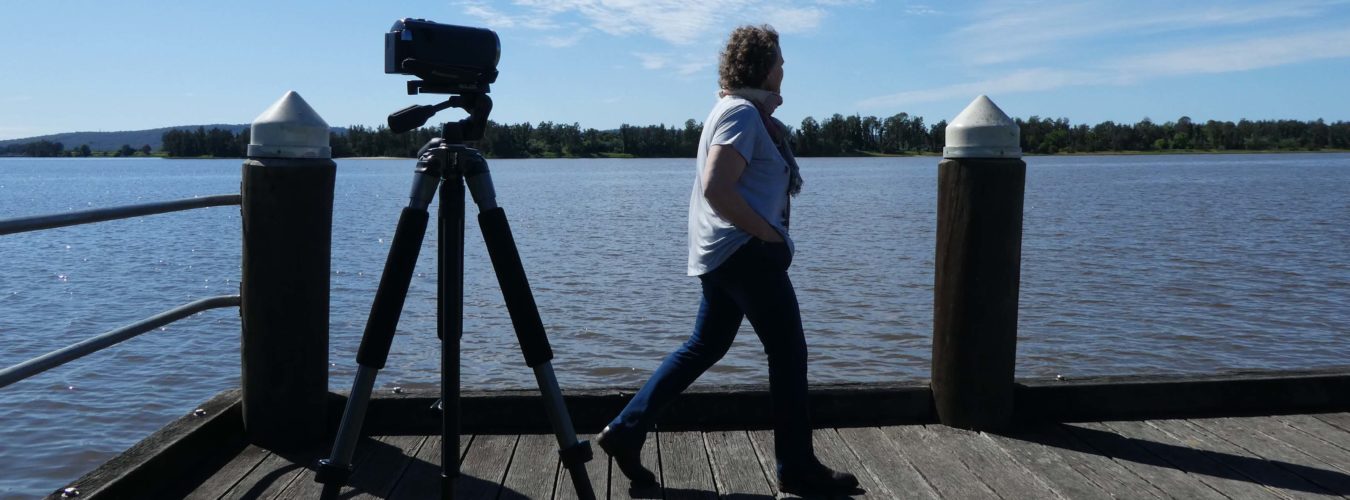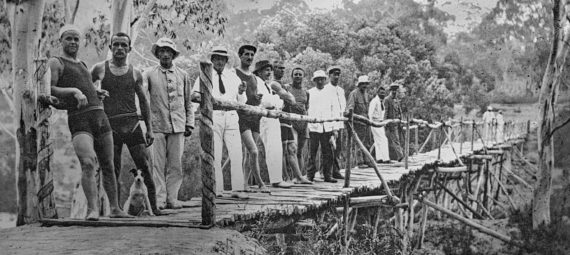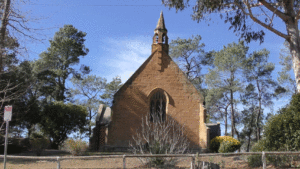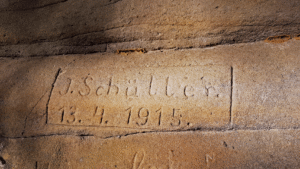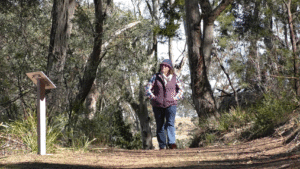What we loved
On a bend in the Wingecarribee River in the picturesque Southern Highlands lies a little town that might have been so much more. Historic Berrima was one of those locations earmarked as a regional capital during the great expansion that took place in NSW during the early decades of the 1800s. Grand sandstone buildings were built – a gaol, a magnificent courthouse, smart housing for officials – to name a few. Around them appeared inns (13 at the peak) and coaching houses for travellers along the Great Southern Road.
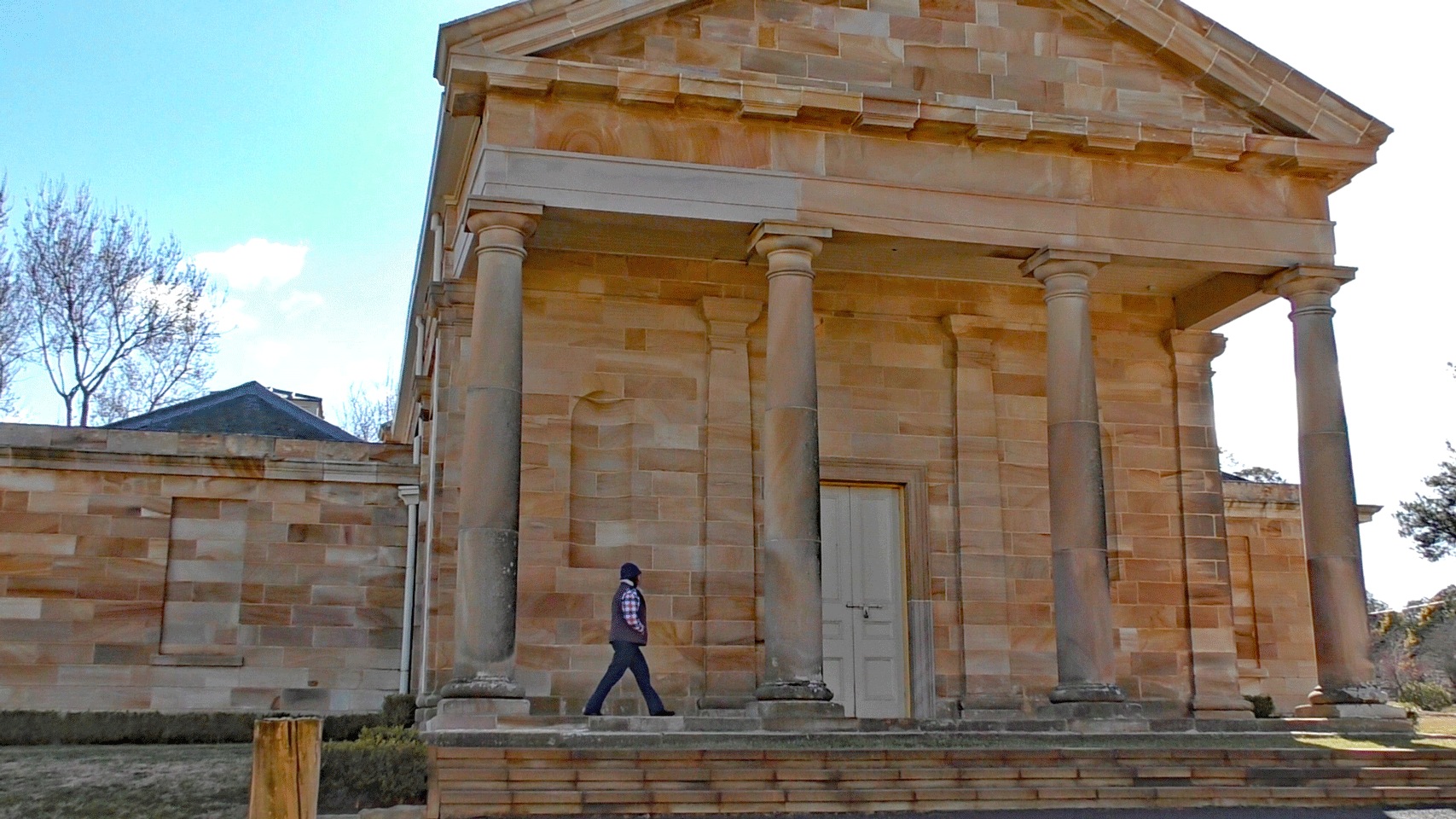
But, as sometimes happened, the plans of the population did not match up with those of the planners, and it was Goulburn that became the capital. Hartley near Lithgow went the same way. Berrima survived for a time as a convenient stopping spot for travellers, but when the southern railway also bypassed the town, it was curtains for the town’s dreams of becoming a regional powerhouse.
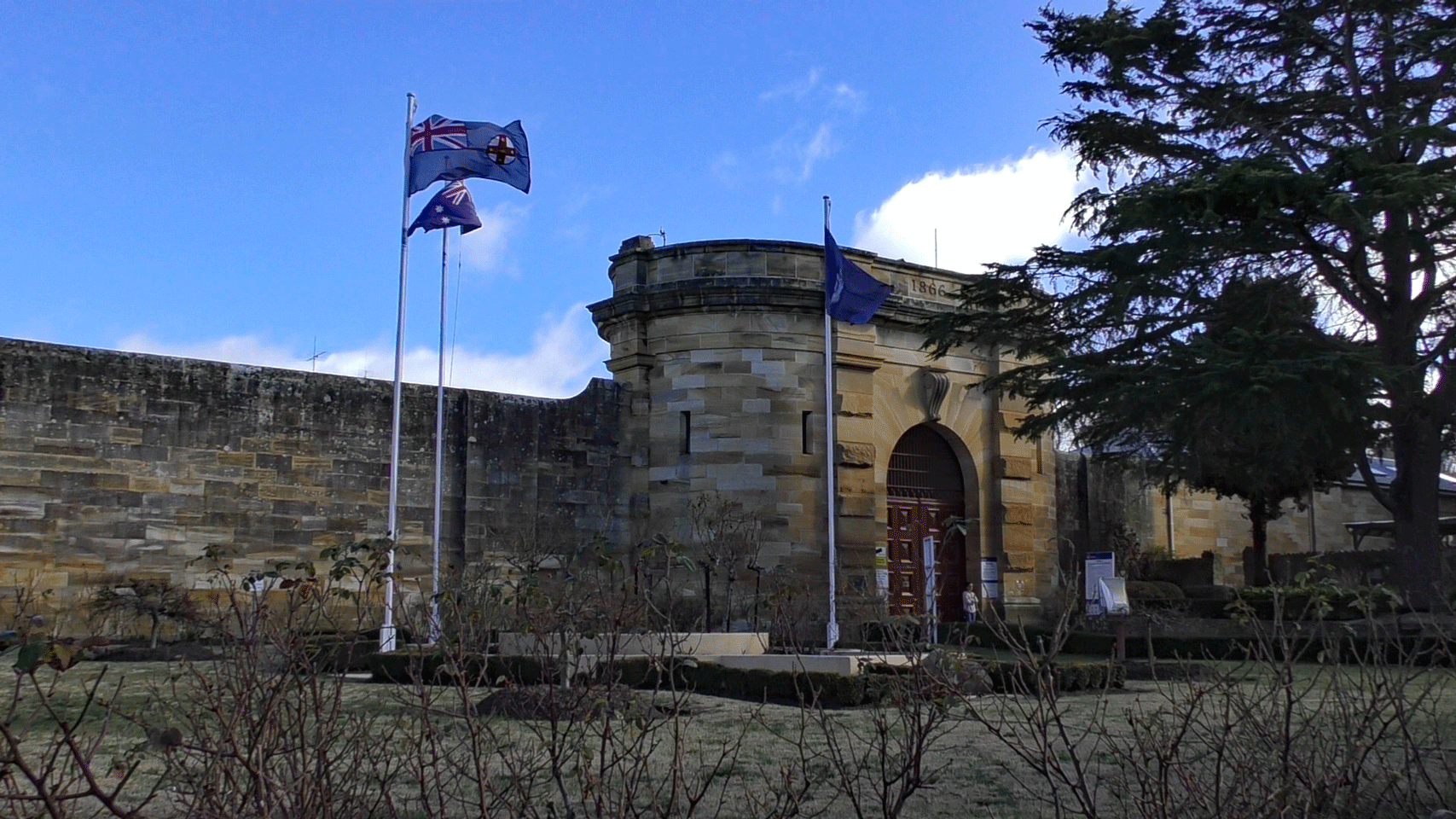
Berrima is significant as one of the few intact villages in the State which demonstrate the characteristics of 19th century town development from the period of convict settlement to the end of the Victorian era. The town is also significant as a collection of largely intact early buildings which are predominantly Georgian in style. These days it still brings in the travellers with a collection of restaurants, cafes, and shops catering to tourists.
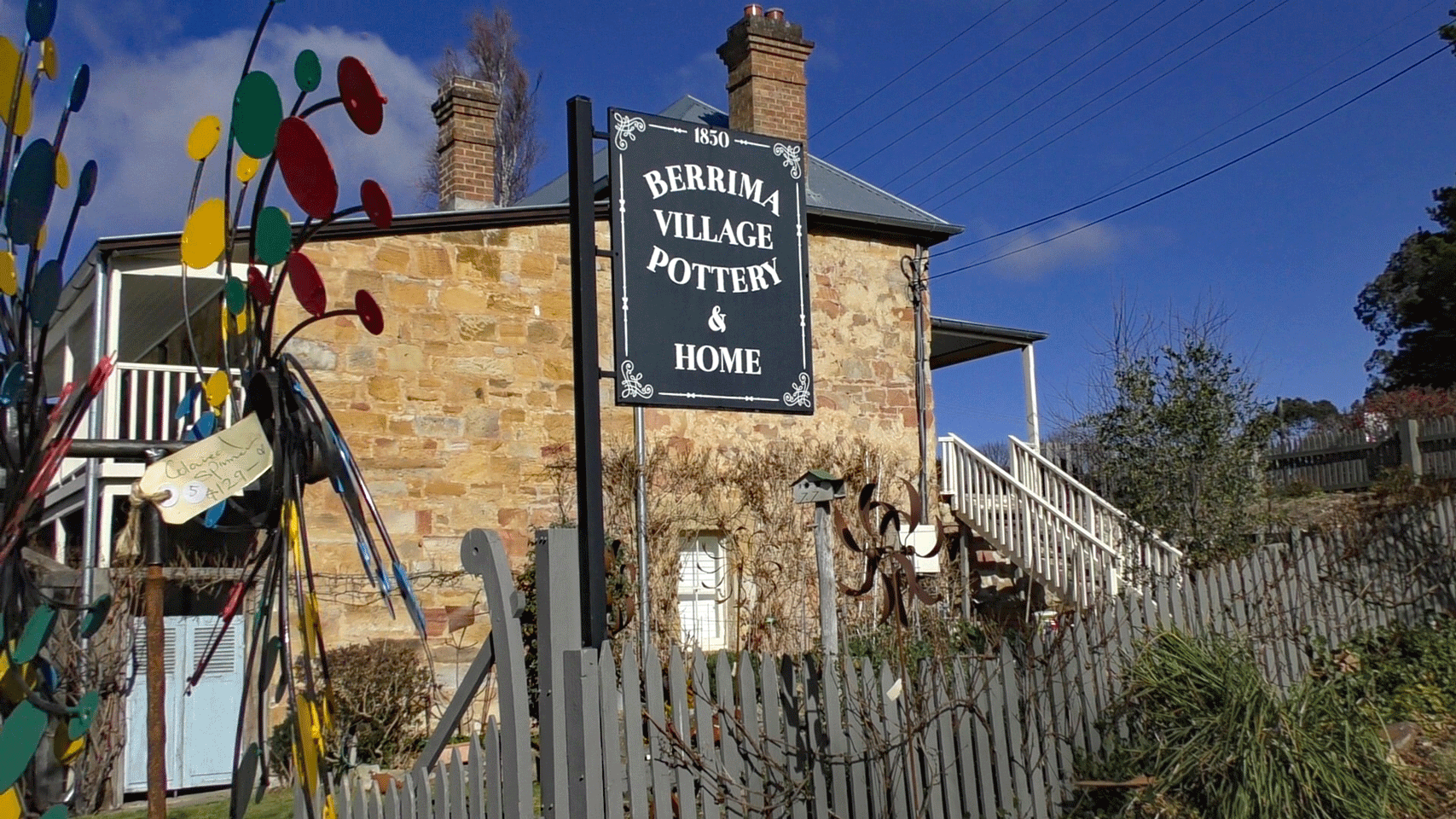
The existence of the gaol (completed 1839) lead to one of the most fascinating periods in the town’s history – when hundreds of German and Austrian men living in Australia when WWI started were interned at Berrima Gaol. Many were merchant mariners. Internees were locked up at night in the very crowded gaol but during the day they were allowed to free range up to three kilometres away before returning for a roll call at 5pm.
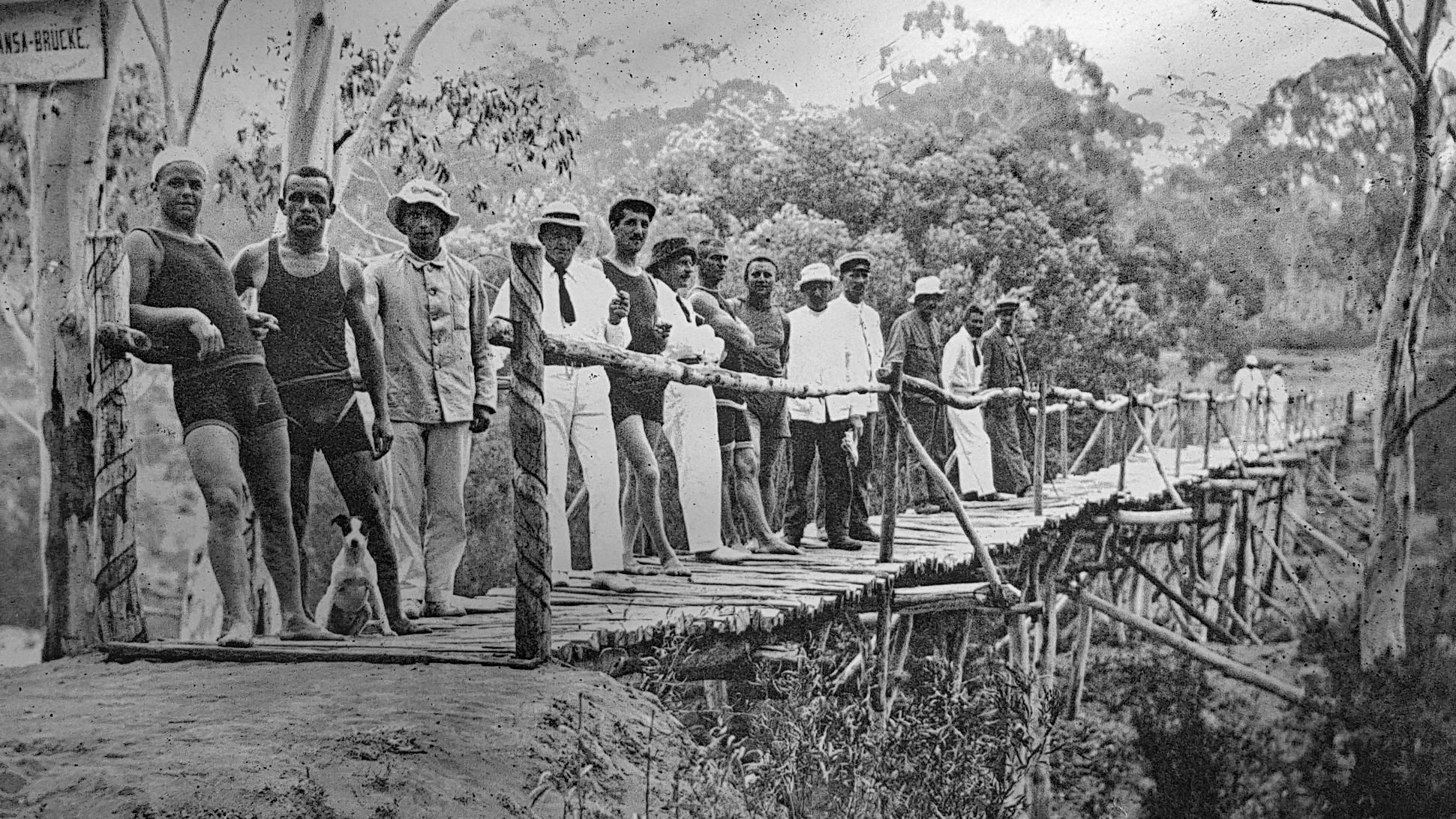
They appear to have been a hard working, adaptable and well behaved bunch who added to the local economy by purchasing their food and other goods from local shops and helping out when needed. But it was the miniature village – complete with tiny houses and buildings, gardens, a wooden bridge across the river, boats, that was really quite remarkable. All built with what could be found in the rough bush, and all to fill the long years away from home.
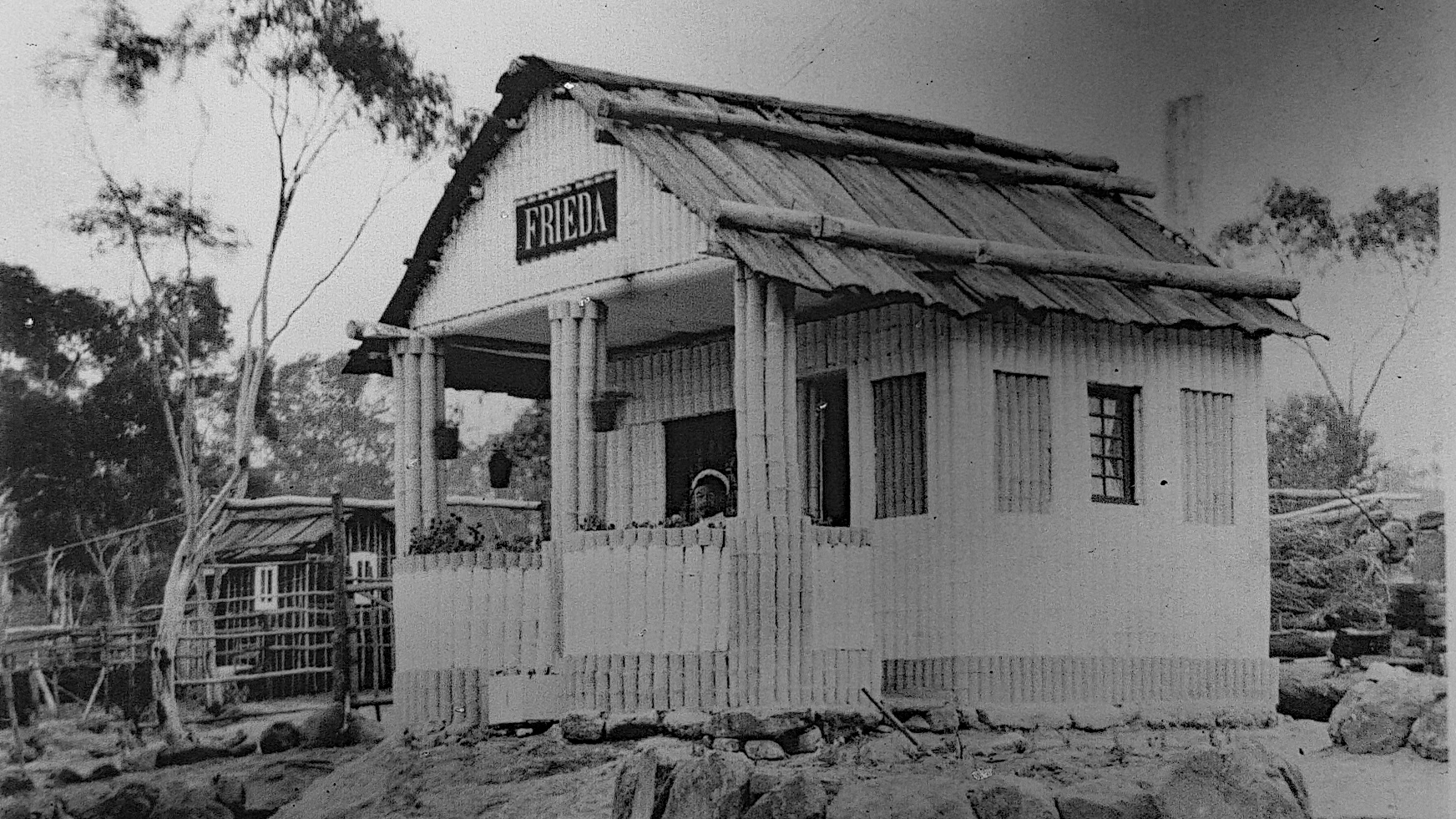
What we did
River walk
The German Internees River Walk is one of the most interesting things you can do in Berrima. It’s a well sign posted meander down beside the river that will make you wish you had been there in 1915 to see it in real life. The walk is just an hour return. You’ll see what little remains of this amazing feat of ingenuity in the bush beside the river.
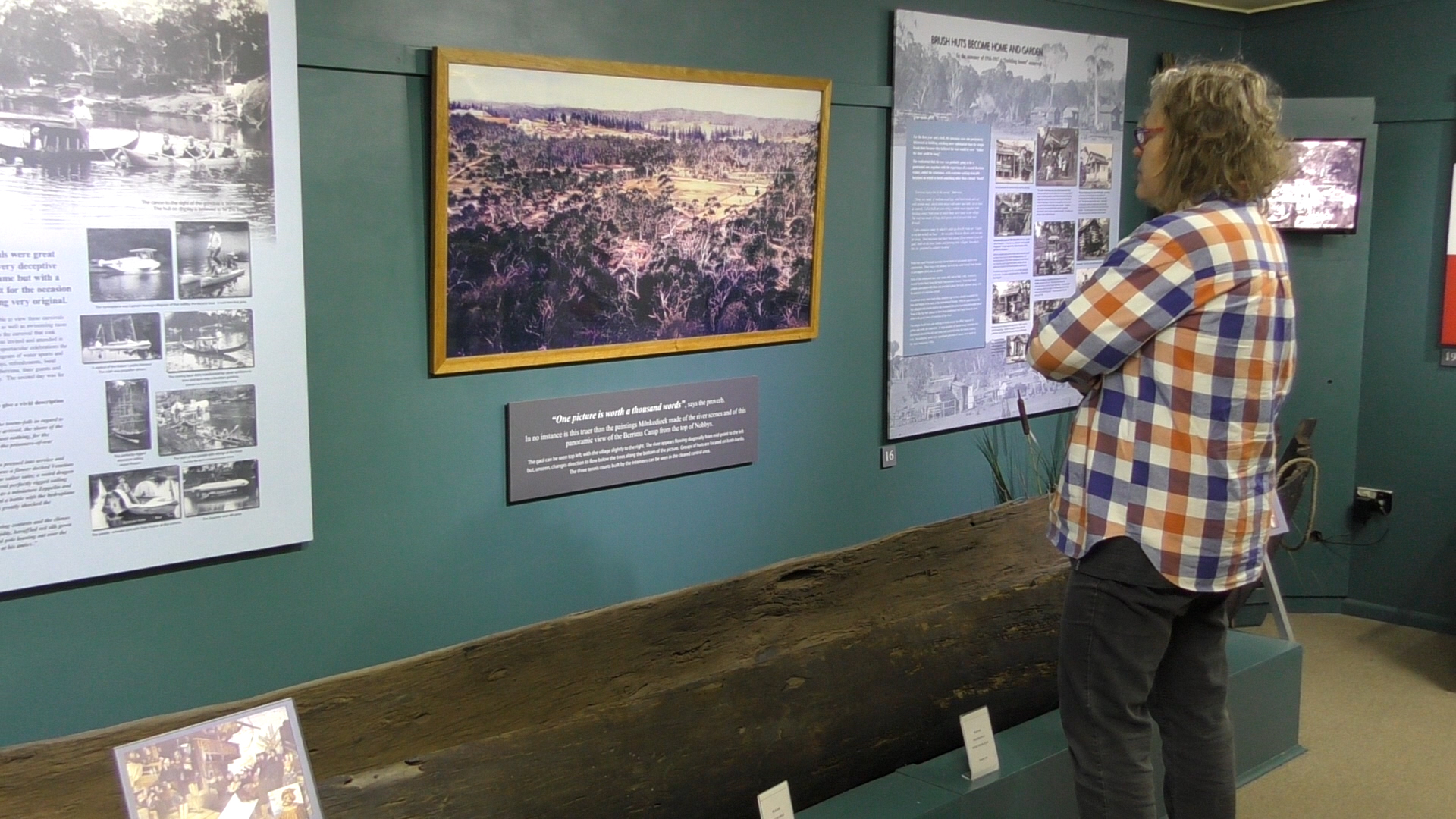
Berrima Museum
Berrima’s award winning museum has the definitive collection of artefacts and information about the German Internees village, including the only existing piece of film footage of the time which runs on a loop and is seriously fascinating. You can spend hours in there looking at the pictures and reading about the history of the town.
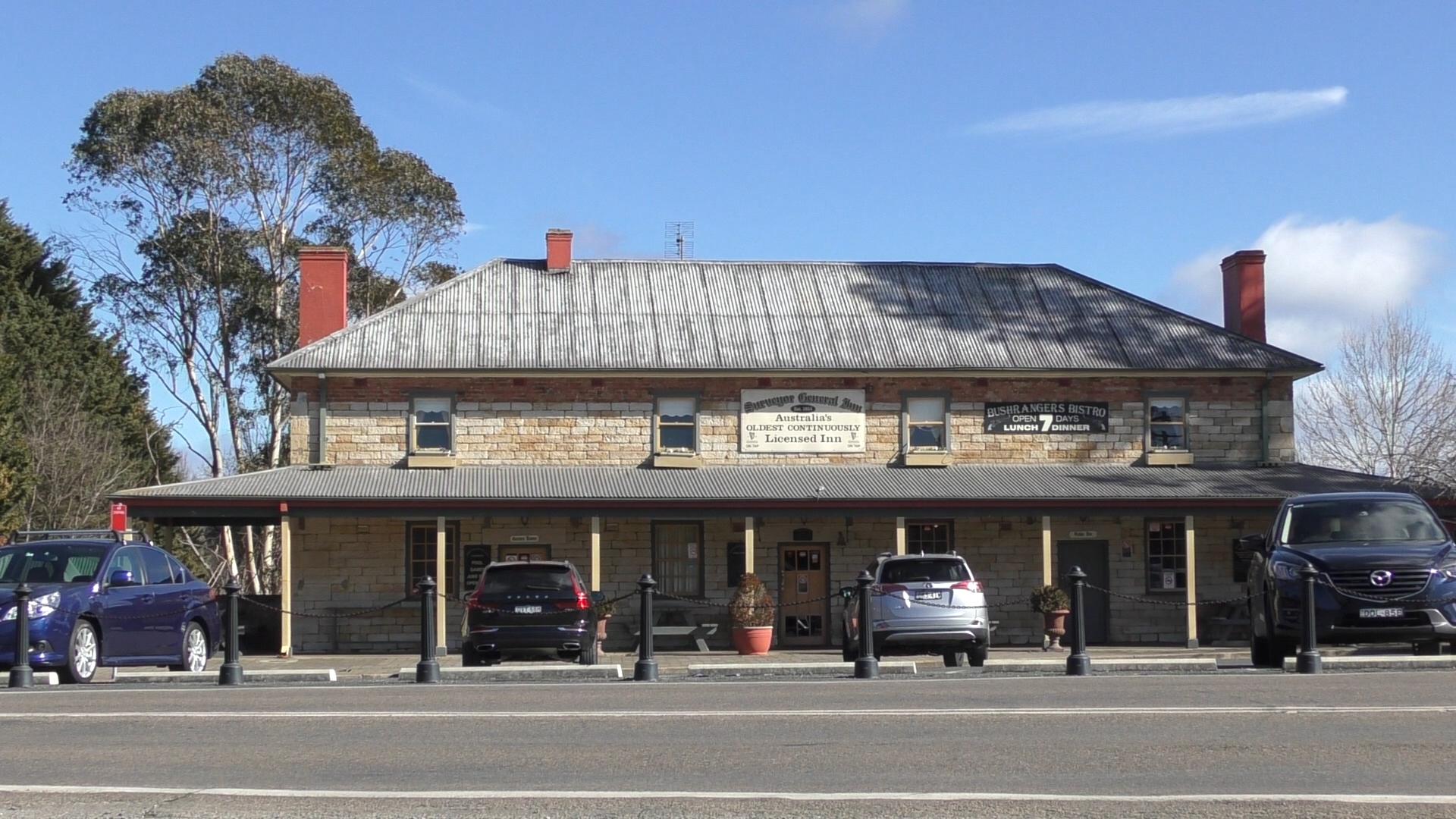
Heritage walk
There some serious historic building in Berrima – which have been well documented in the town’s heritage walk. The Courthouse and gaol are must sees. The Surveyor General Inn is said to be the longest continuously licensed inn in Australia. The building that now houses swanky Echalot Restaurant was built by Francis Breen as the Commercial Inn in the 1840s. The list goes on. You can download a walk map here.
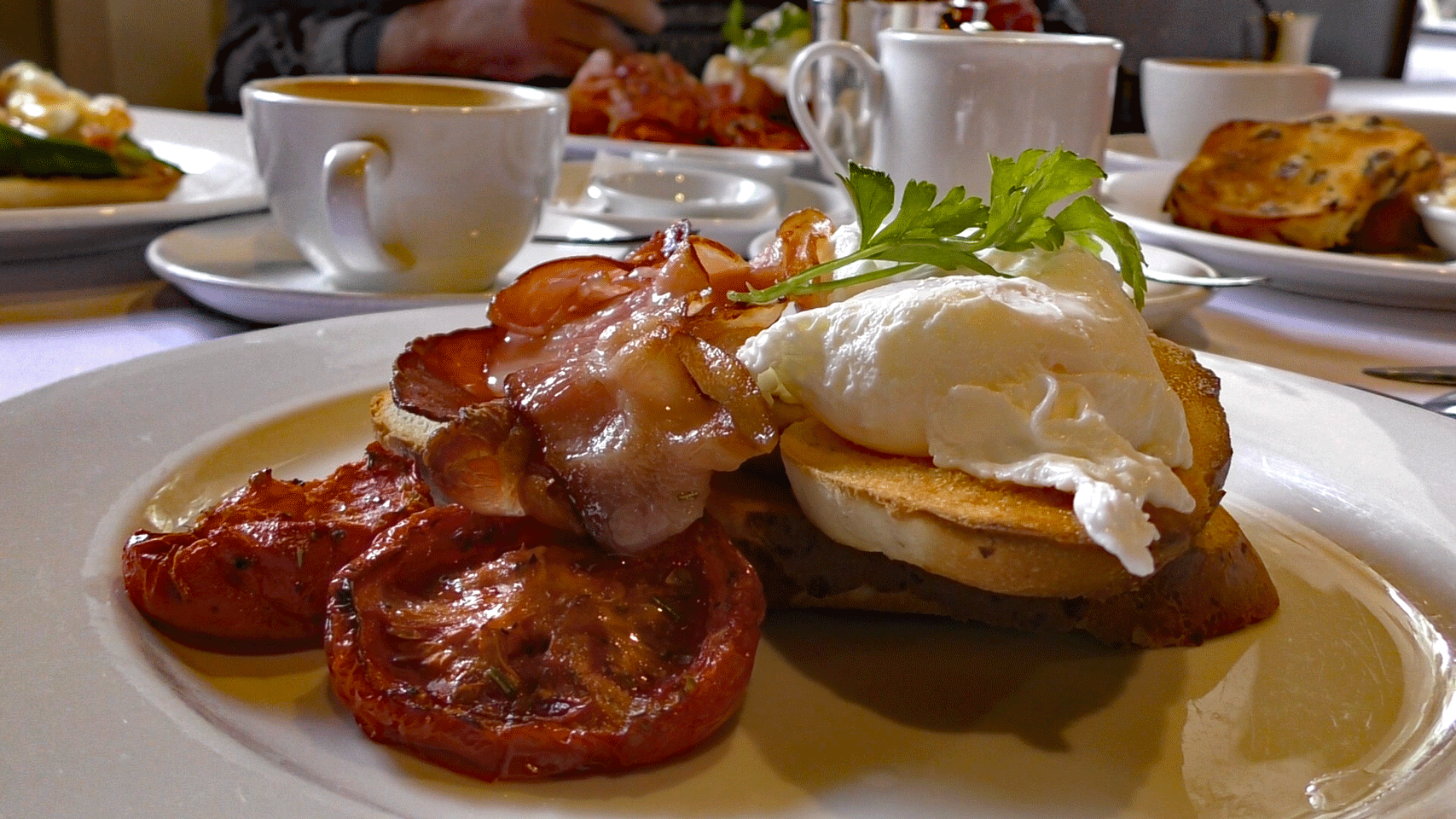
Where we ate
We enjoyed a delicious breakfast at Magpie Cafe which is open from 7am daily. It’s right in the centre of town with a chic range of country style home-wares to look at while you wait. Morning and afternoon tea are served and there is a mouthwatering display of sweet treats on display on the counter. Take some home!
You might also enjoy
Balls Head Sydney: A walk with the ghost of Henry Lawson
Uralla NSW: The legend that became a town
